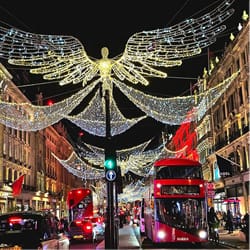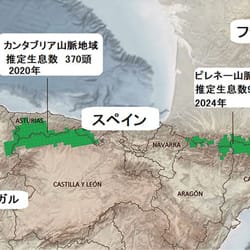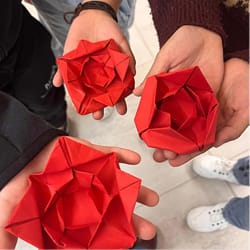

Around mid-October, the streets began getting crowded in the mornings and evenings, and it felt as though São Paulo was returning to the lively city it usually is. People's faces looked a little brighter, they felt they couldn’t stay still any longer and started getting out of their homes. Classes for elementary and junior high schools have been online since March, and they still are, but you can go to school about twice a week for two hours and take classes apart from the five main subjects.


And in early October I went out to a restaurant for the first time since March. There were only a few tables in the restaurant and there was quite a distance between them. The staff wore masks and face shields, as well as thin rubber gloves. They also used an alcohol gel every time they went to a table. The very first thing I noticed was that they hadn’t put out any menus. You could look at the menu by using the QR code placed on the table. Well, everyone touches menus, right. I remember that dinner was a little tense because I took off my mask when I ate.
Positive news began coming out seemingly every week that COVID-19 vaccines will be ready early next year. In fact, in Brazil, four vaccines from Oxford, Sinovac, BioNTeck/Pfizer, and Janssen-Cilag are in Phase III trials, with a lot of health professionals and volunteers participating. On November 19, São Paulo state received 120,000 doses of CoronaVac, a COVID-19 vaccine that Sinovac has developed. Another 6 million doses are due to be delivered before the end of the year. They are just waiting for approval from the Brazilian Health Regulatory Agency (ANVISA).
When news came out about vaccines, naturally, the idea that things will soon be settled made people go out more, being at the limit of their patience after having hardly seen their friends for more than seven months, and more people started to leave their masks off on the streets. At the end of the year in Brazil, there are a lot gatherings of family members and friends, and there is the custom of exchanging Christmas gifts, so people go out more often.
At the end of November, perhaps as anticipated, the numbers of infected people began rising in São Paulo, Porto Alegre, Curitiba, Rio de Janeiro, and São Luís. In São Paulo, the number of people hospitalized increased 18%. As a countermeasure, the state governor again restricted opening hours for restaurants in São Paulo state to 10 hours a day and set the closing time at 22:00.
Some people in Brazil are saying it’s a second COVID-19 wave, but according to the doctors, Brazil is not yet over the first COVID-19 wave because the decrease in deaths is slow.
We have taken a step backward and now we are facing the year-end and New Year. We can only hope that COVID-19 will be controlled as soon as possible.






























































